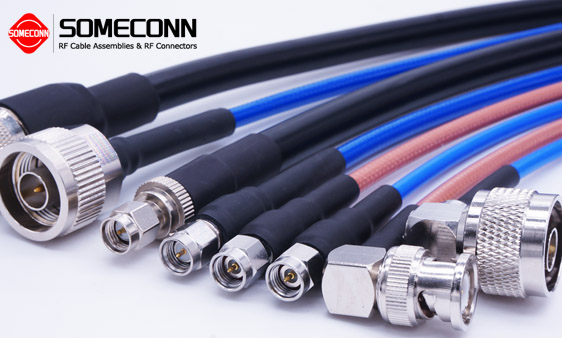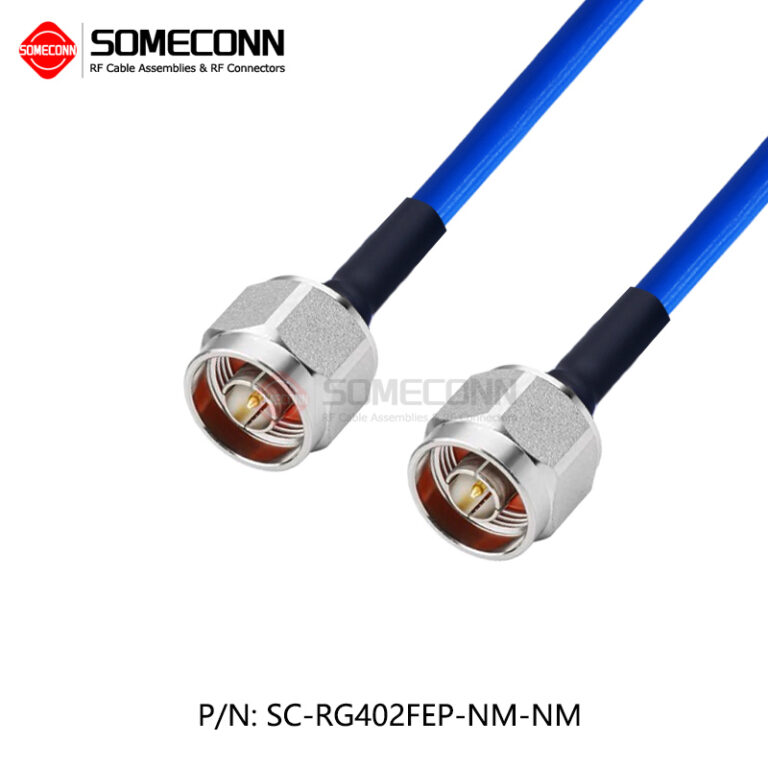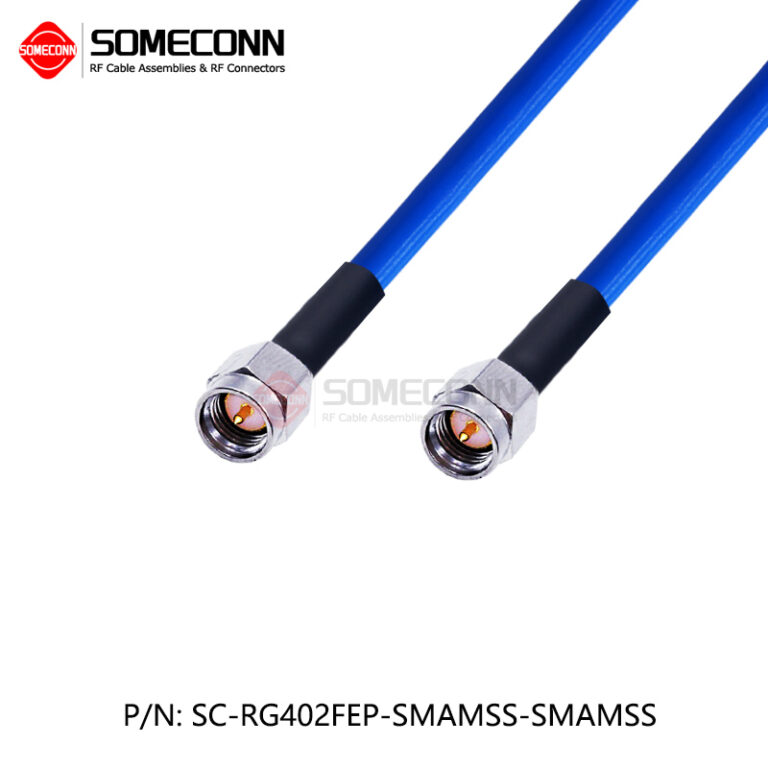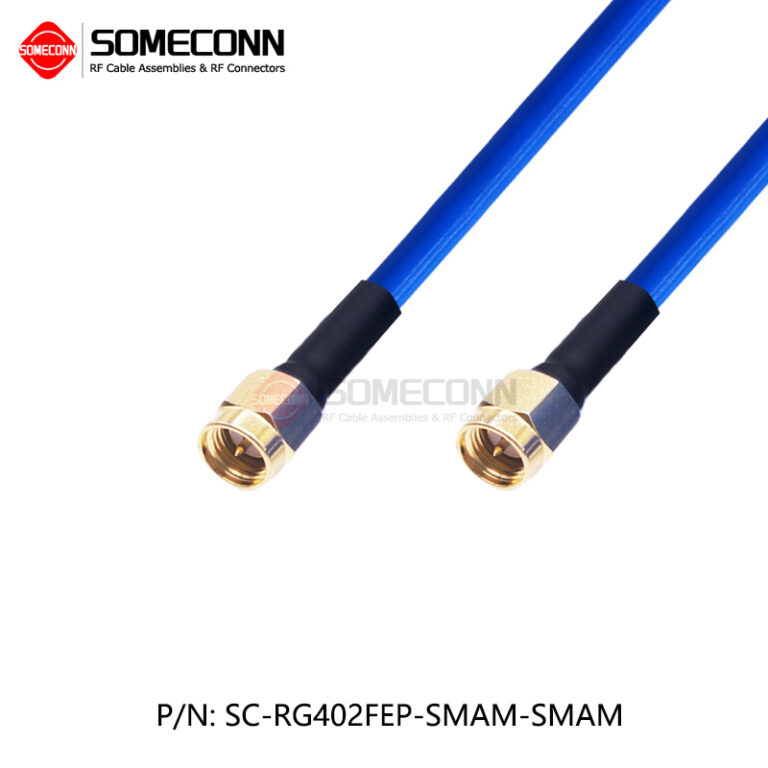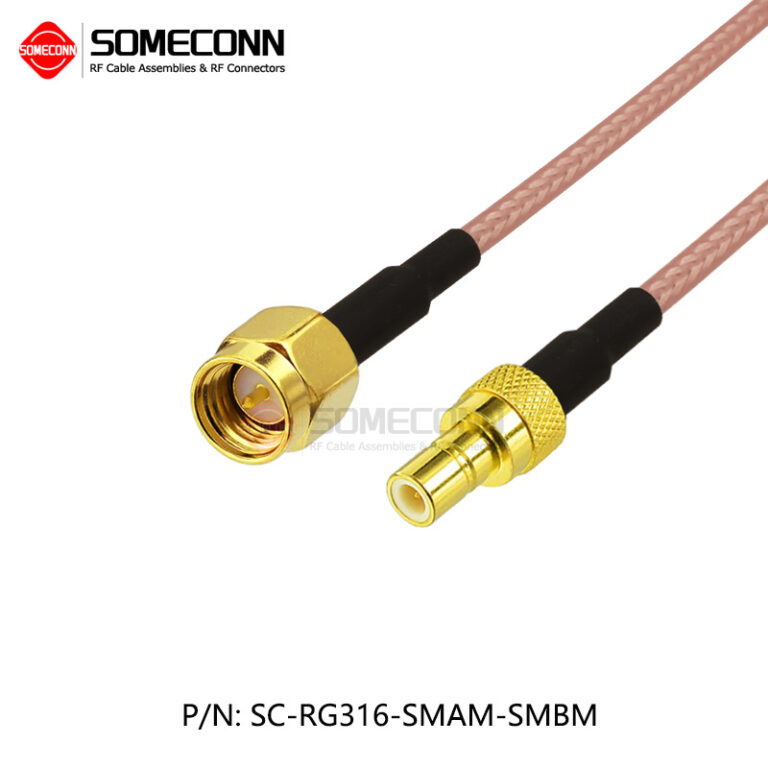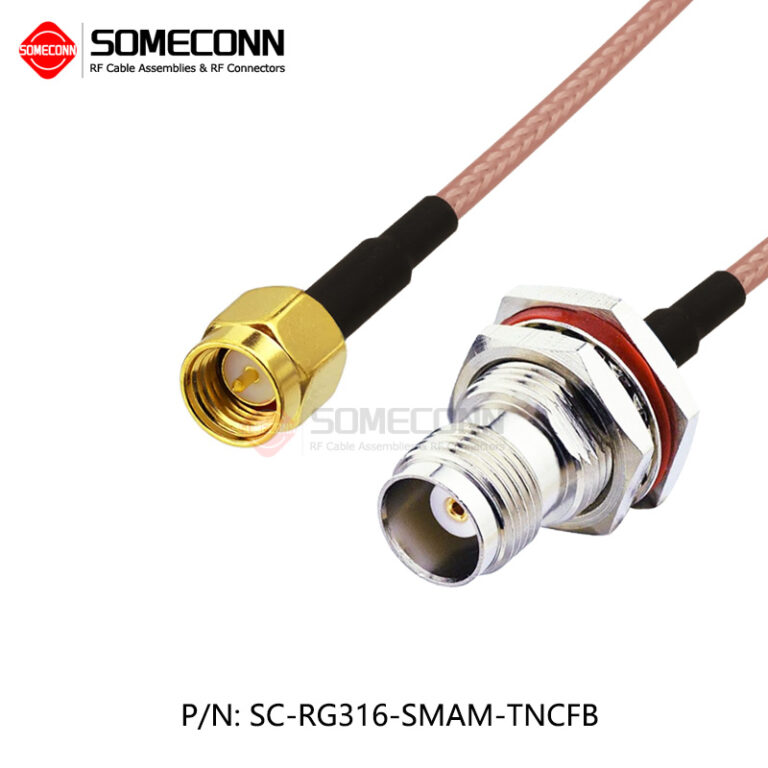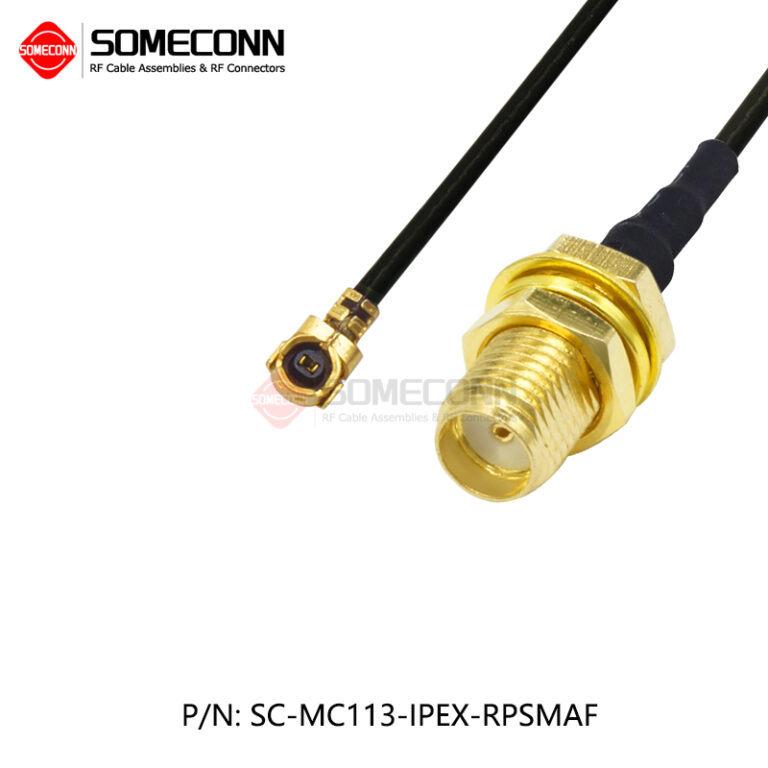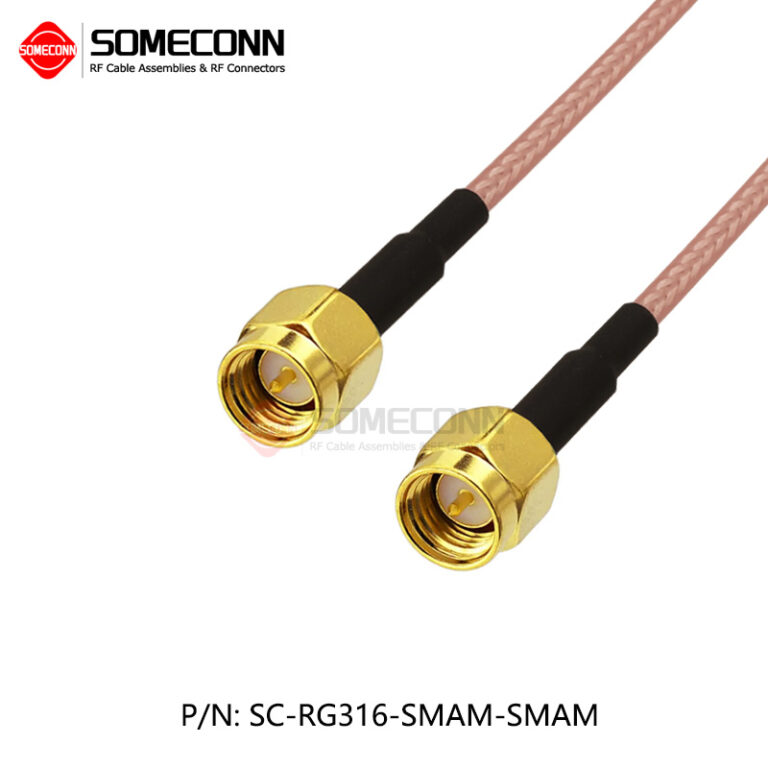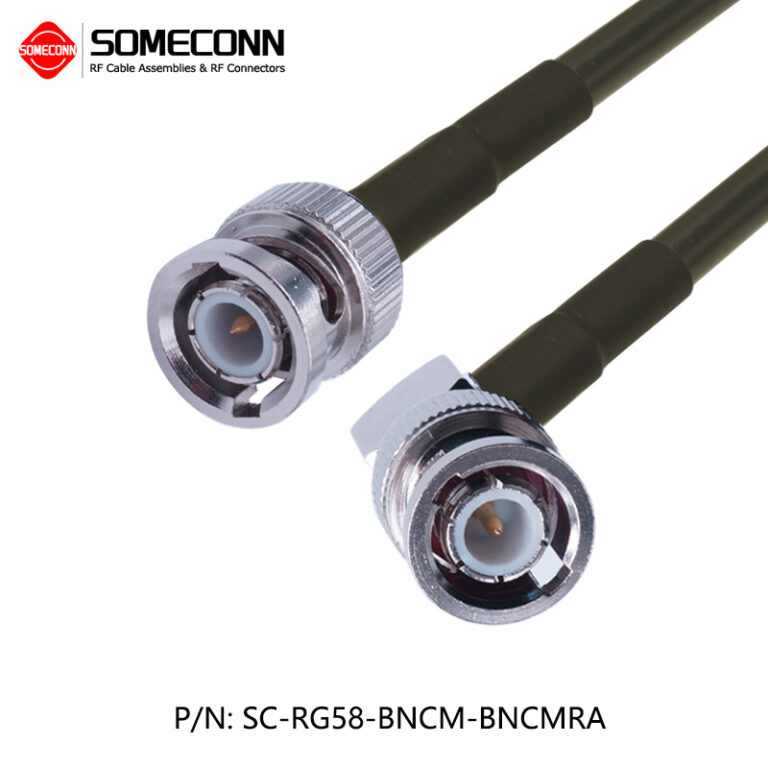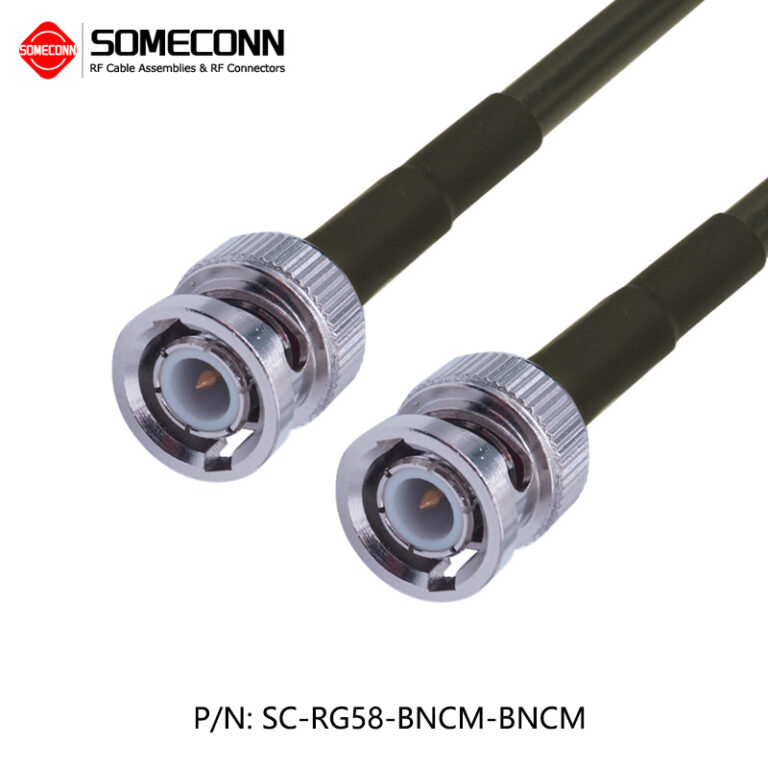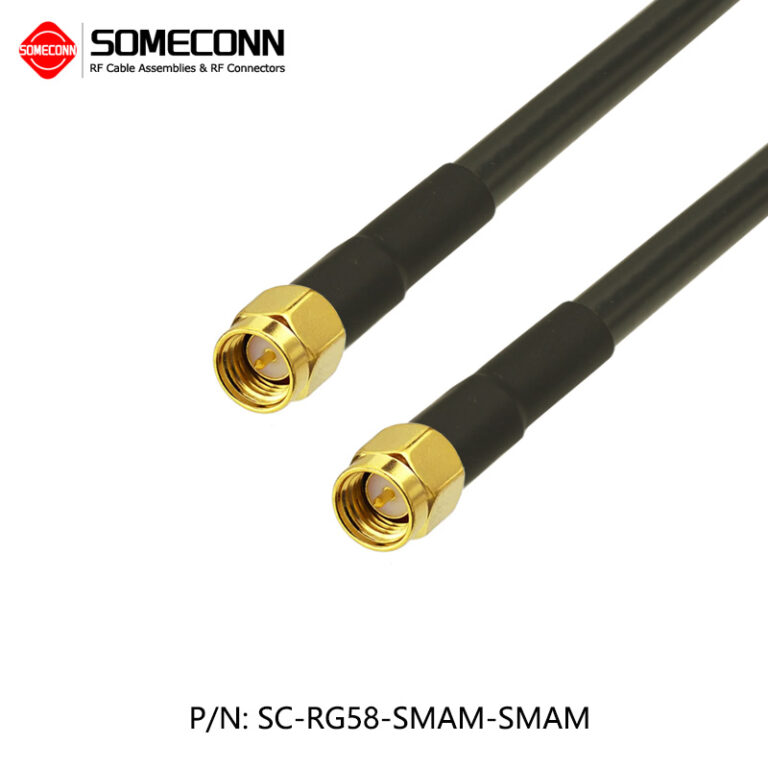We Design and Produce RF Cable Assemblies For Your Equipment and Connections!
Selecting the right RF/microwave cable assembly can be a confusing task considering the variety of products on the market and the multiple characteristics of each
HF-Kabelkonfektionen
SMA Kabelkonfektionen,SMB-Kabelkonfektionen,SMP-Kabelkonfektionen,BNC-Kabelkonfektionen,TNC-Kabelkonfektionen,MCX-Kabelkonfektionen,MMCX-Kabelkonfektionen,N-Type Cable Assemblies,IPEX-Kabelkonfektionen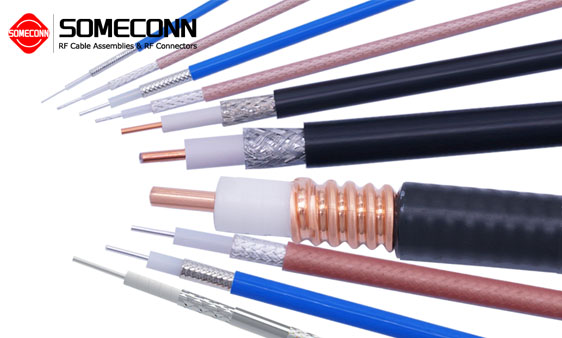
HF-Koaxialkabel
RF Coax cables including: RG142, RG174, RG178, RG223, RG316, RG316D, RG58, RG59,3D-FB, 5D-FB, 7D-FB, RG402, RG405, LMR 100, LMR 195, LMR 200, LMR 240, LMR 300, LMR 400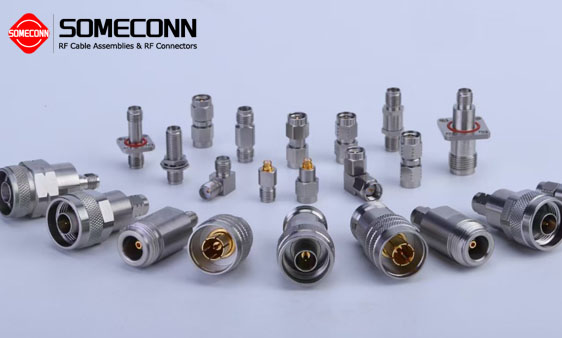
HF-Steckverbinder
2.4Mm, 2.92Mm, 3.5Mm, SMA, SMB, SMC, SSMA, SSMB, SSMC, SMP, IPEX ,BNC, TNC, MCX, MMCX, N-Type, UHF, DIN 7/16, MHV, SHV
About Someconn
We are a RF microwave electronics company in China, specialized in designing and manufacturing RF cable assemblies and RF connectors. We can offer customized RF assemblies with reliable quality and fast delivery to our clients.
Selecting An RF Coaxial Cable Assembly
Each type of coaxial cable is engineered to meet specific performance requirements based on factors such as signal frequency, attenuation, impedance, flexibility, and environmental conditions. Choosing the right type of coaxial cable depends on the application's requirements and the desired performance characteristics. Different Types of Coaxial Cables:
- Semi-Rigid Coaxial Cables
- Low-Loss Coaxial Cables
- Micro coaxial Cables
- Flexible RG Cables
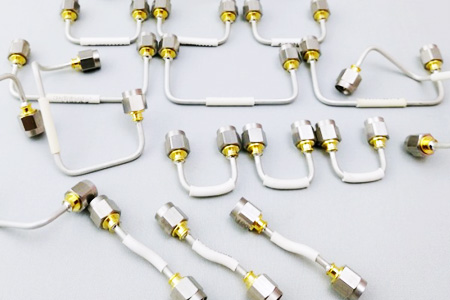
Selecting An RF Coaxial Cable Assembly
Each type of coaxial cable is engineered to meet specific performance requirements based on factors such as signal frequency, attenuation, impedance, flexibility, and environmental conditions. Choosing the right type of coaxial cable depends on the application's requirements and the desired performance characteristics. Different Types of Coaxial Cables:
- Semi-Rigid Coaxial Cables
- Low-Loss Coaxial Cables
- Microcoaxial Cables
- Flexible RG Cables
Semi-Rigid Coaxial Cables
Rigid coaxial cables have a solid outer conductor and are typically used in applications where minimal signal loss and high-frequency stability are critical. They are commonly used in laboratory equipment, aerospace applications, and high-frequency communication systems.
Low-Loss Coaxial Cables
Low-loss coaxial cables are designed to minimize signal attenuation over long distances. They have a low loss of signal strength and are suitable for applications where signal integrity is paramount, such as in broadcasting, telecommunications, and networking.
Micro coaxial Cables
Micro coaxial cables are smaller and more flexible than standard coaxial cables. They are designed for use in compact electronic devices, medical equipment, automotive applications, and high-density electronic assemblies where space is limited.





